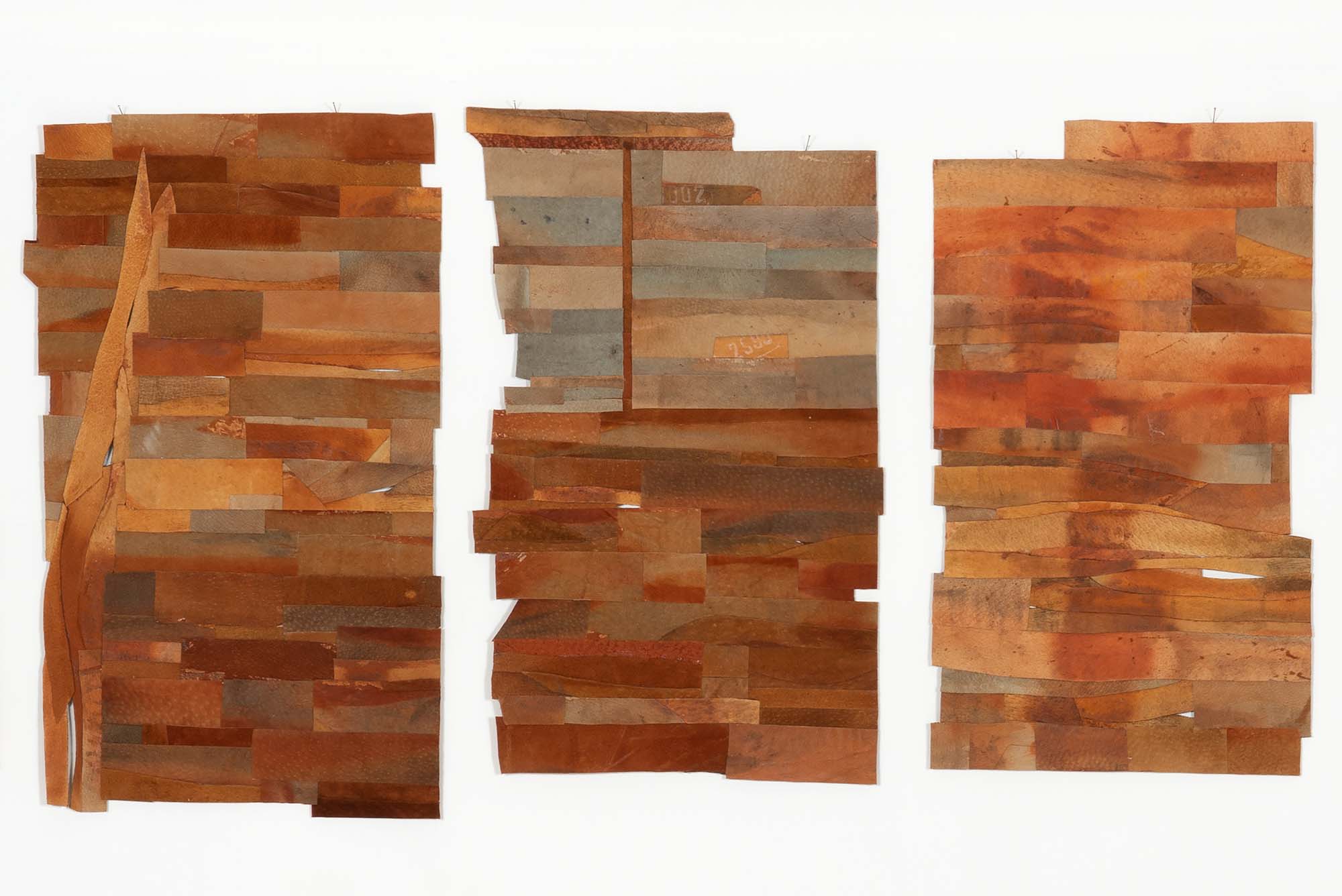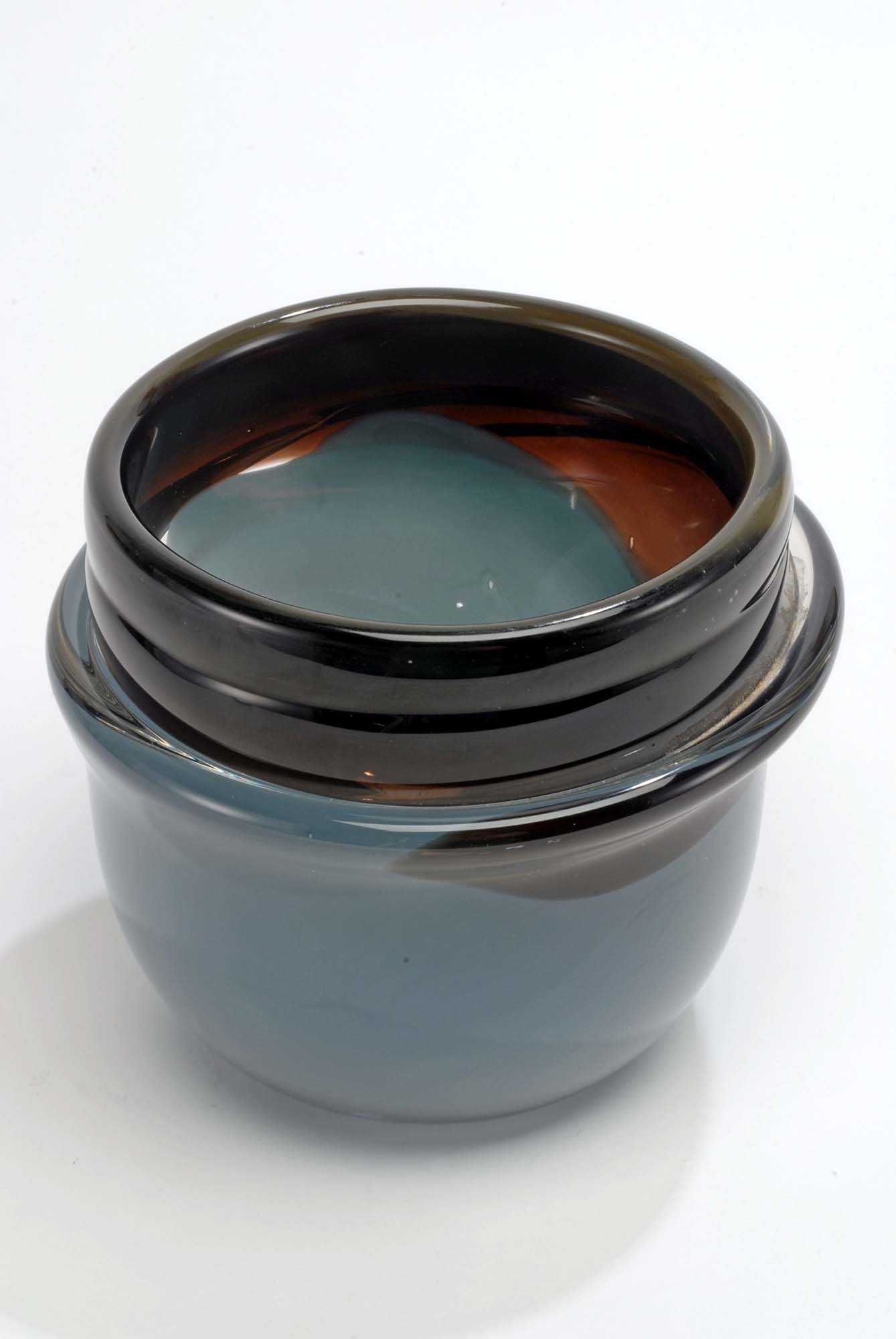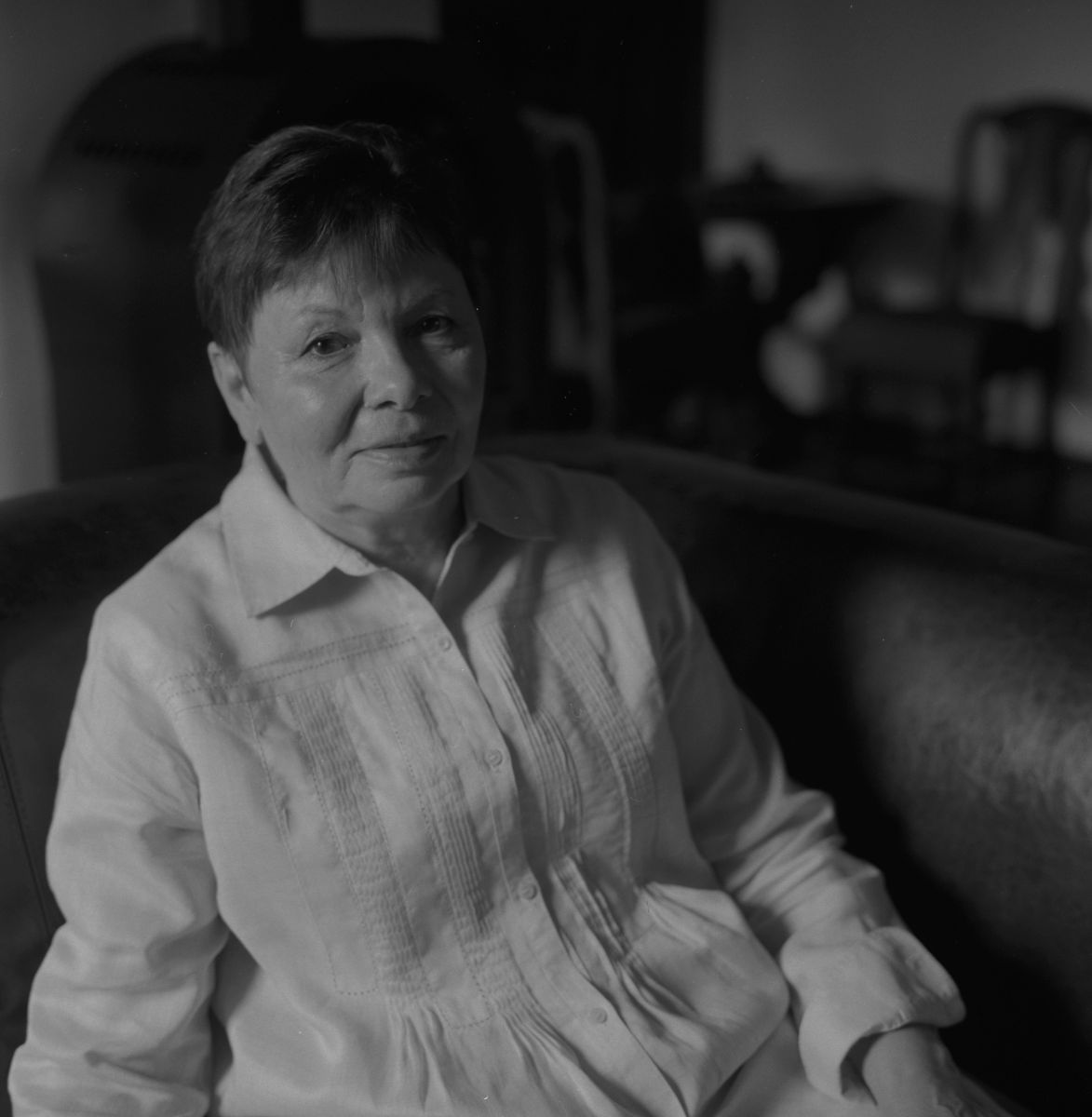Katalin KATONA
, 1948, Ráckeve – 2020, Budapest
Noémi Ferenczy Award-winning gold- and silversmith
She graduated from the Hungarian Academy of Applied Arts in 1975, as a student of József Engelsz, József Pölöskei and Gyula Illés. At the beginning of her career she mainly made caskets, candlesticks, desk sets, then later small sculptures, reliefs, and coins. An integral part of her career has been the design and implementation of works related to buildings: lighting fixtures, information systems, signboards, railings, trade signs. She has been a regular participant in exhibitions since 1976, and since 1996 she has been the organiser of the Biennial of Goldsmith Art, and of other national and international exhibitions. In 2000, she was awarded the MAOE Millennium Grand Prize. In 2011, Klebelsberg Cultural Curia hosted her life-work exhibition. She was a full member of the Hungarian Academy of Arts, and she designed the symbolic key of Pesti Vigadó, renovated in 2014.
Wall fragments, sighs – commemorating the demolition of the Berlin Wall, detail
Photo: Ildikó Neumann
2019
pig suede leather
52×130 cm

Vase II
From the Ceramics and Glass Collection of the Museum of Applied Arts in Budapest
Photo: Kolozs Ágnes
1982
17 cm×10×17 cm

Photo: MMA / Lugosi Lugo László
